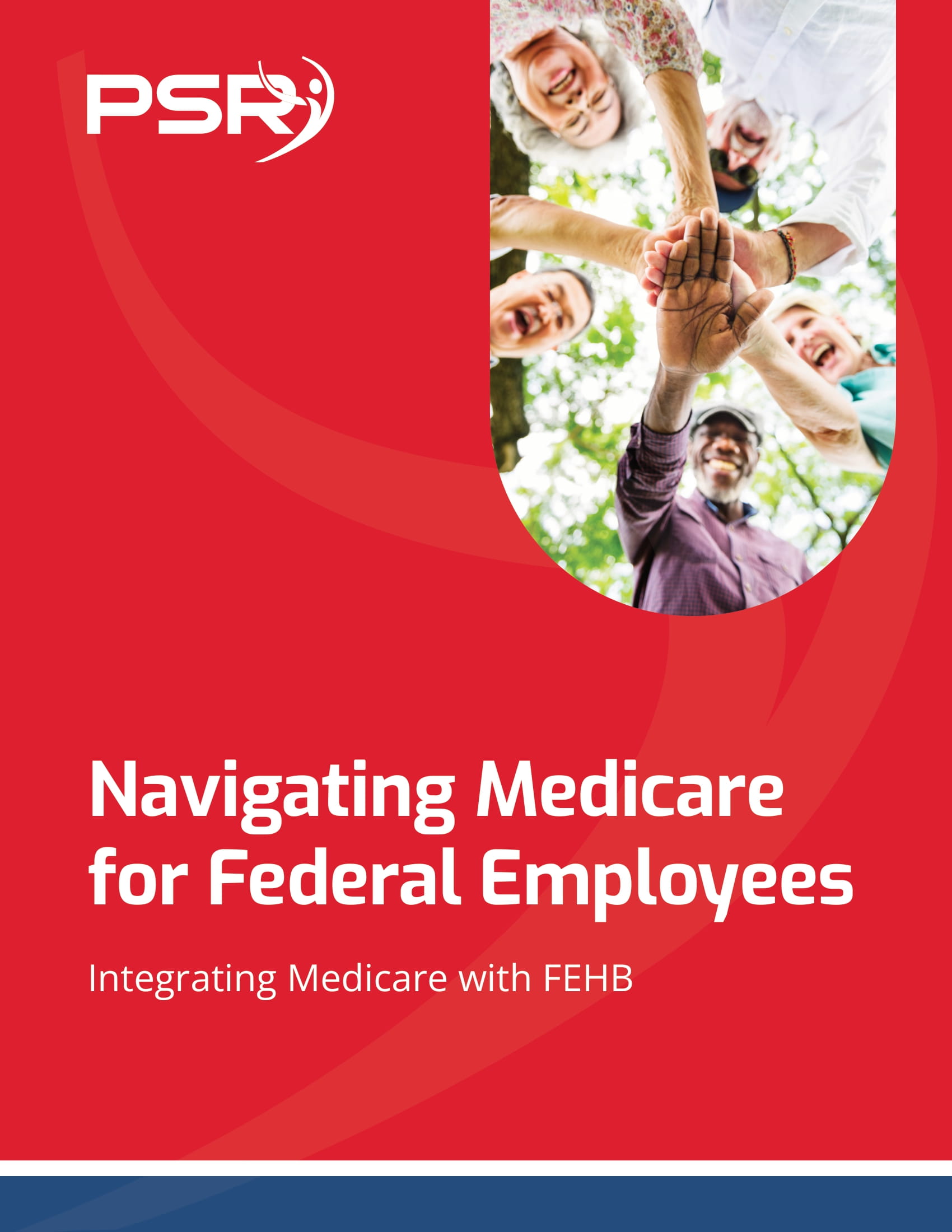Key Takeaways:
- Early retirement for federal employees may sound appealing, but it comes with significant trade-offs in terms of reduced benefits and long-term financial security.
- Understanding the impact on your pension, healthcare, and Social Security benefits is crucial before making this life-altering decision.
Early Retirement Sounds Great, But Is It Really Worth It for Federal Employees? Let’s Dig Into the Details
- Also Read: Divorce and Your Federal Pension—What Happens When You Split Assets and How It Could Affect Your TSP
- Also Read: What Happens to Your Federal Benefits After Divorce? Here’s the Lowdown
- Also Read: The Best FEHB Plans for 2025: Which One Fits Your Lifestyle and Budget the Best?
The Financial Trade-Offs of Early Retirement
While retiring early may seem like a dream come true, it is essential to consider the financial trade-offs. For federal employees, early retirement often means a smaller annuity since benefits are calculated based on years of service and the employee’s average salary. The fewer years you work, the smaller your pension will be. Additionally, those who retire before the minimum retirement age (MRA) face penalties that further reduce their pension amount.
When Does It Pay Off?
Early retirement may only be financially advantageous if you have accumulated substantial savings outside of your federal benefits, such as in the Thrift Savings Plan (TSP) or other investment accounts. Even then, careful planning is needed to ensure you have enough to cover both expected and unexpected expenses over a potentially longer retirement period.
Understanding Reduced Annuities and the MRA+10 Option
For federal employees under the Federal Employees Retirement System (FERS), the MRA+10 option allows retirement after reaching the minimum retirement age (which varies based on your birth year) with at least 10 years of service. While this option provides flexibility, it also significantly reduces your annuity. Retiring under the MRA+10 provision means you will receive a reduced annuity unless you choose to defer benefits until age 62, at which point penalties no longer apply.
Is It Worth the Cost?
If you decide to take the annuity early, expect reductions of about 5% for each year you fall short of age 62. This reduction is permanent and can greatly diminish your financial security in retirement. Careful consideration is necessary to determine whether the freedom of early retirement outweighs these long-term costs.
Healthcare Costs: A Critical Factor
Healthcare costs are a significant concern for anyone considering early retirement, and federal employees are no exception. If you retire before age 62, you must consider how you will manage healthcare expenses until you become eligible for Medicare at 65. While federal retirees have the option to continue coverage under the Federal Employees Health Benefits (FEHB) program, premiums can be steep, and they may increase over time.
Medicare Coordination and Costs
When you do become eligible for Medicare, coordinating benefits between Medicare and FEHB can help reduce healthcare expenses. However, it’s essential to budget for the gap years between early retirement and Medicare eligibility, as the out-of-pocket costs can add up quickly.
The Impact on Social Security Benefits
Federal employees also need to consider how early retirement affects Social Security benefits. If you retire early and start drawing Social Security before your full retirement age (FRA), you will face permanent reductions in your monthly benefits. This reduction can be as much as 30% if you claim Social Security at 62 instead of waiting until the FRA of 67 for those born after 1960.
Why Delaying Social Security Matters
Delaying Social Security benefits can substantially increase your monthly payments. For those who can wait until age 70, the benefits grow by 8% annually beyond the FRA, providing a much larger cushion in later years. If you opt for early retirement, ensure your finances can bridge the gap without having to rely on reduced Social Security benefits prematurely.
Retirement Lifestyle: Is It Sustainable?
A common misconception about early retirement is that it will automatically improve one’s quality of life. However, the reality often involves careful budgeting, managing healthcare costs, and finding meaningful ways to fill the time previously occupied by work. Federal employees accustomed to structured environments may struggle with the sudden shift in routine, which can affect their physical and mental health.
Finding the Right Balance
If you plan to retire early, think about how you will spend your time and resources. Will you be traveling, taking up new hobbies, or perhaps even pursuing part-time work? Planning these aspects is crucial to ensure that your retirement years are fulfilling and financially sustainable.
Preparing for Inflation and Longevity
Another critical factor to consider is inflation. Retiring early means your money must last longer, and inflation can erode your purchasing power over time. Federal retirees may receive cost-of-living adjustments (COLAs) on their pensions, but these adjustments may not fully keep pace with actual inflation rates. Additionally, healthcare and other living costs are likely to increase faster than your income.
Longevity Risk
Given advances in healthcare, many retirees live well into their 80s and beyond, which is great news but also presents a risk—longevity risk. This means ensuring your retirement funds are adequate to support you for potentially 20 to 30 years. Federal employees retiring early should consider this and potentially adjust their investment strategies to include growth-oriented assets that can combat inflation over time.
Weighing the Benefits: Freedom vs. Security
Early retirement does offer benefits, primarily the freedom to pursue personal interests and passions. If you have a clear plan and sufficient savings, it might be worth it. However, for federal employees who rely heavily on their pensions and federal benefits, the reduced income and increased healthcare costs can be daunting.
Striking a Balance
For some, a phased approach may be more appealing. This could involve reducing work hours or shifting to part-time positions rather than fully retiring. This way, you maintain some income, continue to accrue service time, and delay drawing on your pension and Social Security benefits until a later, more advantageous time.
Are You Financially Prepared for the Long Haul?
Before deciding to retire early, federal employees should conduct a thorough financial analysis. This includes calculating the potential annuity, Social Security benefits, TSP withdrawals, and other savings. A financial advisor specializing in federal benefits can provide insight and help create a retirement plan tailored to your situation.
The Bottom Line
While early retirement may be enticing, especially for federal employees with the option to do so, it requires careful planning and consideration. The freedom it offers comes with financial trade-offs, reduced benefits, and potential increases in healthcare and living costs. Evaluating whether these factors align with your long-term financial and personal goals is essential.
Is Early Retirement Truly Worth It for Federal Employees?
Ultimately, the decision to retire early depends on your individual financial situation, goals, and lifestyle aspirations. Federal employees who carefully plan and save may find that early retirement aligns with their dreams. However, those who are not prepared for the financial implications might find themselves facing unexpected challenges down the road. It’s crucial to weigh the benefits against the risks and make an informed decision.













